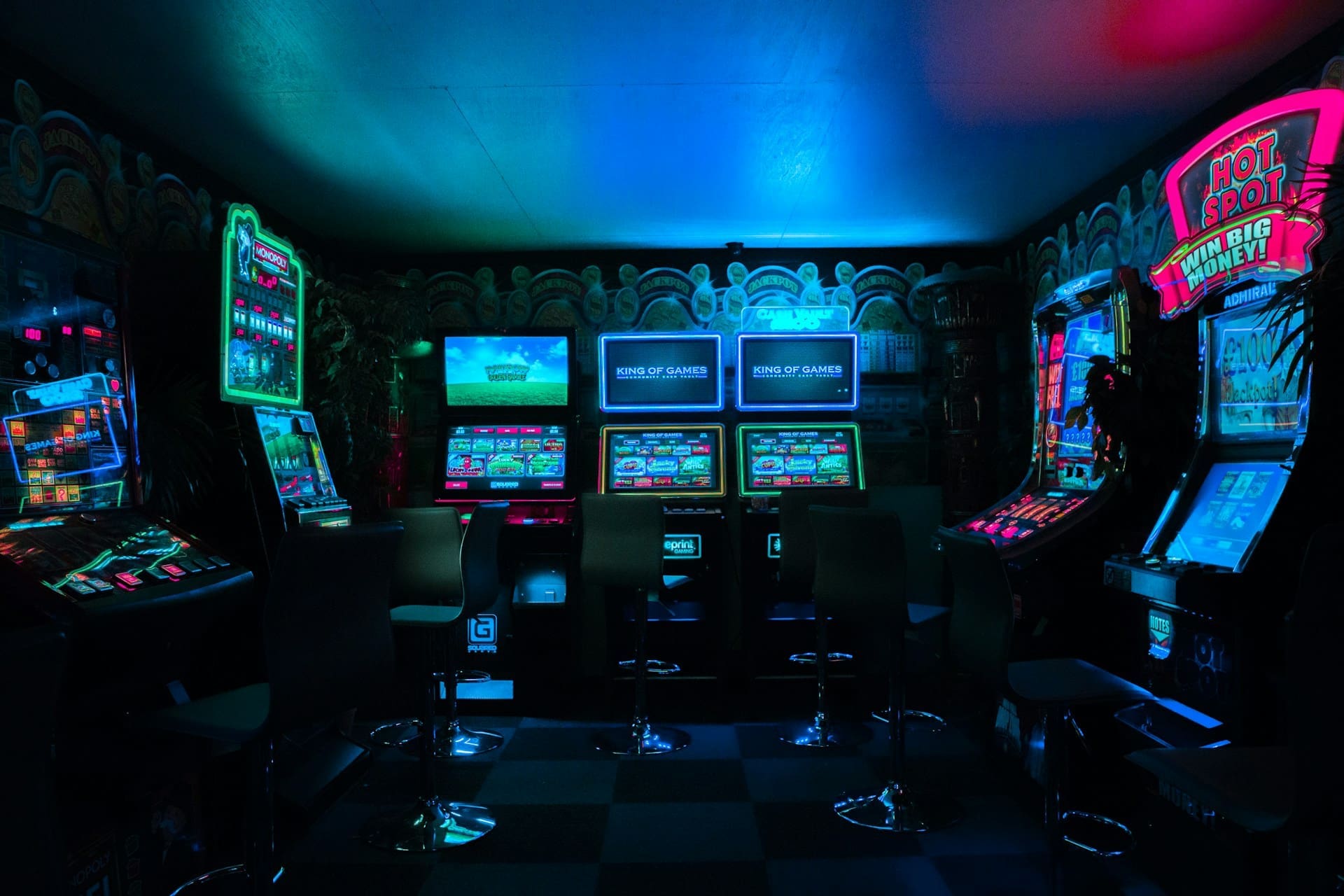Gamers worldwide were recently reminded of the fragile nature of modern games when the ESA (Electronic Software Association) made a statement highlighting publishers’ unwillingness to work with libraries to preserve discontinued online titles.
The concept of games vanishing once servers shut down is a harsh reality. It highlights the stark difference between how we’ve traditionally owned media and the current “license to play” model of game purchases.
This situation calls for a severe discussion about game preservation– a discussion that encompasses possible legal changes and might even involve compelling publishers to help keep older titles alive.
The Problem of “Lost” Games
The increasing reliance on online components within games means a massive part of gaming history is at risk of disappearing forever. When server support ends, experiences that players have invested time and money in can vanish entirely. This problem is amplified by the legal framework surrounding game purchases:
- License, Not Ownership: When you “buy” a game, you purchase a license to use it, not outright ownership. Publishers, not players, have the final say over how long the game remains functional.
- Preserving Our Cultural History: Games are more than entertainment; they are a complex art form that reflects societal trends and technological advancements. Losing them means losing an essential part of our cultural heritage.
The ESA’s Stance
The recent ESA statement underscores the lack of support for game preservation initiatives. The association’s lawyer emphasized concerns over access control and verification as reasons publishers wouldn’t support libraries in this mission. However, legal experts like Kendra Albert argue that this perspective unfairly dismisses the role libraries play in preservation and that the ability to play these preserved games shouldn’t be a primary concern.
Why Game Preservation Matters
There are compelling reasons why game preservation is crucial:
- Understanding Our Past: Preserving games allows us to study them, understand their place in history, and appreciate the medium’s evolution.
- Ensuring Accessibility: Future generations deserve to experience the classics, and game preservation is the only way to ensure that possibility.
- Respecting Players’ Investment: When players buy a game, they implicitly expect long-term access. Losing a game to shutdowns feels like a violation of that understanding.
Potential Solutions
It’s time to start thinking outside the box. Here are several ways we could approach the issue of game preservation:
- Legal Reform: Amend copyright law to explicitly grant gamers or preservation institutions the right to maintain discontinued games.
- Retro Servers: Legalise the creation of private servers for old online titles, allowing committed communities to keep the experiences alive.
- Publisher Responsibility: Compel publishers to release game code after a specific time to enable third-party preservation efforts.
- A Collaborative Approach: Establish a respectful partnership between publishers and institutions like the Video Game History Foundation to develop agreed-upon preservation practices.
The Fight Isn’t Over
This issue affects all gamers. As players, we should demand a change, fighting for a future where owning a game truly means owning a piece of gaming history.





